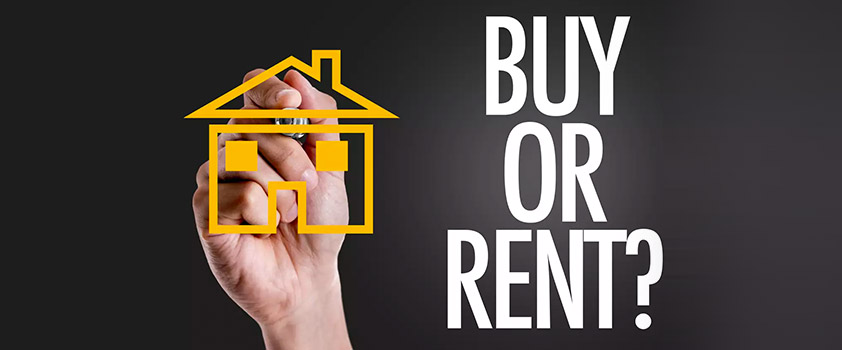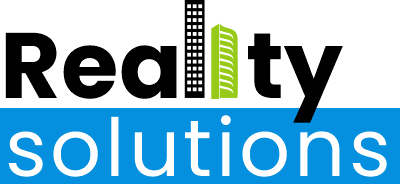To Buy or Not to Buy: The Age-Old Question of Homeownership vs. Renting
The decision of whether to buy a home or continue renting is a major one that can have significant financial and lifestyle implications. It’s a question that has been debated for generations, and there is no one-size-fits-all answer. The best choice for you will depend on your individual circumstances, financial situation, and long-term goals.

The Pros and Cons of Homeownership
Homeownership offers several advantages, including:
- Equity: When you buy a home, you start building equity, which is the difference between the value of your home and the amount you owe on your mortgage. This equity can be a valuable asset, especially if you plan to sell your home in the future.
- Stability: Homeownership can provide a sense of stability and security. Knowing that you have a place to call your own can be reassuring.
- Tax Benefits: Homeowners may be eligible for tax deductions, such as mortgage interest and property taxes.
- Pride of Ownership: Many people derive a sense of pride and satisfaction from owning their own home.
However, homeownership also comes with its share of challenges:
- Financial Commitment: Buying a home is a significant financial commitment. You’ll need to save for a down payment, cover closing costs, and be prepared to pay ongoing expenses such as mortgage payments, property taxes, homeowners insurance, and maintenance costs.
- Maintenance: Homeownership requires ongoing maintenance and repairs. You’ll need to be prepared to handle tasks such as mowing the lawn, painting, and making repairs.
- Limited Mobility: If you buy a home, you’ll be less able to move easily if your job or lifestyle changes.
- Risk: The value of your home can fluctuate, and there is always the risk of unexpected expenses, such as natural disasters or structural problems.
The Pros and Cons of Renting
Renting offers several advantages, including:
- Flexibility: Renting gives you more flexibility to move if your job or lifestyle changes.
- Lower Upfront Costs: Renting typically requires a lower upfront investment than buying a home. You’ll only need to pay a security deposit and first month’s rent.
- Lower Ongoing Costs: Renting can be less expensive than owning a home, especially in the short term. You won’t have to worry about mortgage payments, property taxes, or maintenance costs.
- No Equity: While renting doesn’t allow you to build equity, it also means you won’t be at risk of losing money if the value of your home declines.
However, renting also has its drawbacks:
- No Ownership: Renting means you don’t own the property you’re living in. You have no claim to the property value.
- Limited Control: As a renter, you have limited control over the property. You may not be able to make changes or modifications.
- Rent Increases: Rent prices can increase over time, making it more expensive to live in the same place.
Factors to Consider When Making Your Decision
When deciding whether to buy or rent, consider the following factors:
- Your Financial Situation: Do you have the financial resources to buy a home? Can you afford a down payment, closing costs, and ongoing expenses?
- Your Career and Lifestyle: Are you likely to stay in the same place for a long time, or do you expect your job or lifestyle to change frequently?
- Your Long-Term Goals: What are your long-term financial and lifestyle goals? Do you want to build wealth, or are you more interested in flexibility and low upfront costs?
- The Housing Market: Is the housing market in your area favorable for buyers or sellers? Are prices rising or falling?
- Your Personal Preferences: Do you prefer the stability and sense of ownership that comes with homeownership, or do you value the flexibility and lower upfront costs of renting?
Conclusion
The decision of whether to buy or rent is a personal one that depends on your individual circumstances and priorities. There is no right or wrong answer. By carefully considering the pros and cons of each option, you can make an informed decision that is best for you.
Additional Tips
- Consult with a Financial Advisor: A financial advisor can help you assess your financial situation and determine whether buying a home is a good financial decision.
- Research the Housing Market: Learn about the housing market in your area, including average home prices, interest rates, and property taxes.
- Consider Your Lifestyle: Think about your lifestyle and how it might change in the future. Will you be able to handle the responsibilities of homeownership?
- Don’t Rush: Take your time and carefully consider all of your options before making a decision.
By following these tips, you can make an informed decision about whether to buy or rent a home. Remember, there is no right or wrong answer. The best choice for you will depend on your individual circumstances and priorities.
